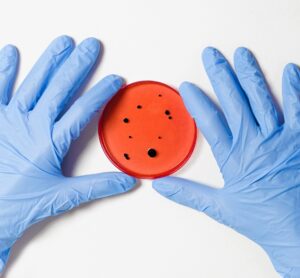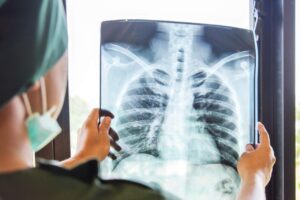For many people with bronchiectasis, being hospitalized is a necessary evil to get your lungs and body back on track. Chest infections or exacerbations can often be managed with oral antibiotics but when your symptoms are not settling your physician may recommend being admitted to hospital for more intensive therapy. The benefits of being in hospital include intravenous (IV) antibiotics, intensive airway clearance and daily medical reviews.
Why don’t oral medications always work?
When a decision to made to prescribe antibiotics, a drug(s) is chosen to kill the most likely bacteria hiding in your lungs. These may be bacteria you have grown in the past or germs we know live in the throat and lungs in most people. Oral antibiotics may not work for a few reasons:
- They are not getting absorbed into your bloodstream. How much antibiotic gets into your blood depends on your bowel function, diet, the dose of the drug and timing of taking it. Despite your best efforts, sometimes you cannot achieve a high enough dose in your blood to kill all the bacteria in your lungs.
- We are not targeting the right bacteria. New bacteria or other germs (viruses and fungi) might be causing your symptoms and the only way to check for this is with more testing (lab draws, CT scans, X-rays, bronchoscopy). This can all be done very quickly when you are admitted to hospital.
We agree that being in hospital is not something you would choose but there are benefits. If you live a hectic lifestyle, being in the hospital allows you to rest and concentrate on clearing your lungs and getting new treatments to get your lung function back up to where it needs to be without too many distractions. It also gives you a chance to check in with the respiratory therapists, dieticians and physical therapists to quicken your recovery.
How should I prepare?
If you are visiting your doctor for a ‘sick visit’, it is best to prepare for being admitted to hospital. Pack a bag of things to ease the transition from the home environment to a hospital one. Here are some examples:
- Food – lots of non-perishable food for your drawer. Food may not come quickly, may not be to your taste and you may miss ordering a meal if you are away getting a test or are being fasted.
- iPad or laptop for TV, movies, internet, social media
- Chargers for all your electronic devices and long cables if have them.
- Take your own medications. Hospitals can usually source any drug but there can be a delay in getting it shipped. If you are on medications which cannot be found at your local pharmacy (CFTR modulators, enzyme supplements, some inhalers for example), bring them with you.
- Bring your own nebulizer and vest device (if you have one). It gives the hospital team a chance to see what you are doing at home with your own equipment and you may prefer using it over the hospital equipment.
- Sleep aids – eye masks, ear plugs, a warm blanket, favorite pillow
- Slippers, flip-flops or pool slides
- Books, puzzles, crafts
- Comfy clothes – pajamas, sweats, T-shirt etc. Clothes which allow easy, loose access to your forearms and upper arms are ideal (for IV lines, PICC lines etc).









